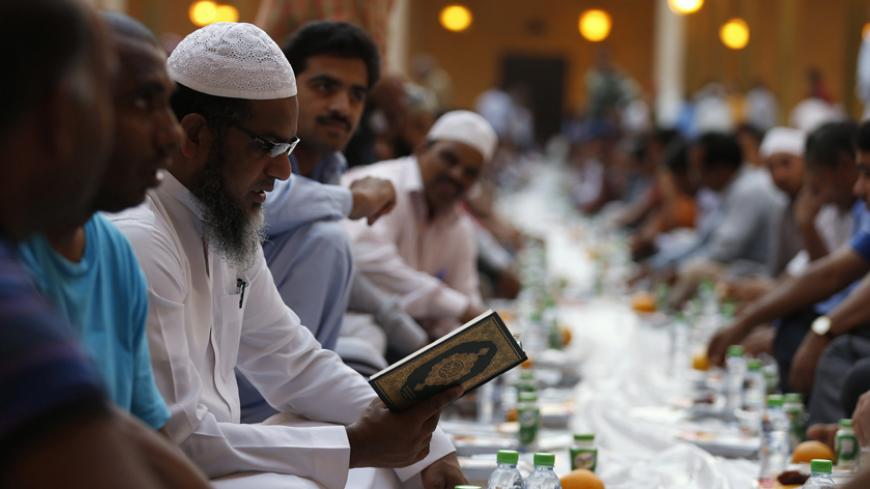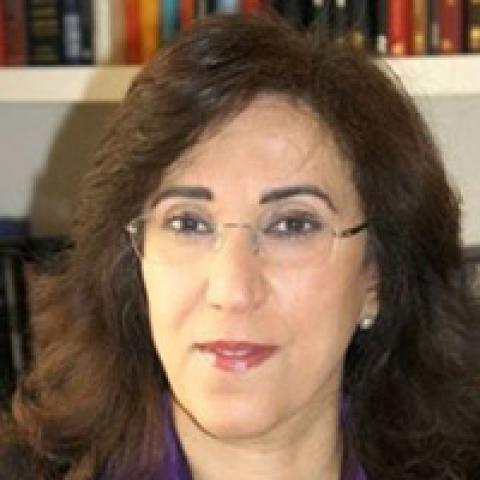It has been alleged by Zacarias Moussaoui that al-Qaeda’s database of donors contains the names of prominent Saudi princes. Moussaoui is currently serving life in prison in the United States as the purported 20th hijacker in the 9/11 plot to destroy the World Trade Center towers in New York. Moussaoui singled out Prince Turki al-Faisal, the former director of intelligence who also served as ambassador in Washington for a short time after 9/11; Prince Bandar bin Sultan, national security adviser and ambassador in Washington during 9/11; and Walid bin Talal, who heads a global business and media empire. Moussaoui’s testimony turned even more sensational when he claimed that he had had a meeting with a Saudi Embassy official to discuss blowing up Air Force One. Proving or disproving such claims is currently beyond any outside observer’s capabilities given the absence of evidence, and if such evidence exists, it is not being made public knowledge. There is also the question of Moussaoui’s mental health.
The published 9/11 Commission Report (2004) omitted several pages related to Saudi Arabia, thus leading to a plethora of speculation and conspiracy theories. It is unclear whether the omission was a deliberate move to protect the identities of people in Saudi Arabia, the United States or both, or to salvage the US-Saudi alliance during its worst crisis since its inception after World War II. Without transparency, the Saudis’ association with 9/11 will continue to be a subject of debate and controversy for three primary reasons.



